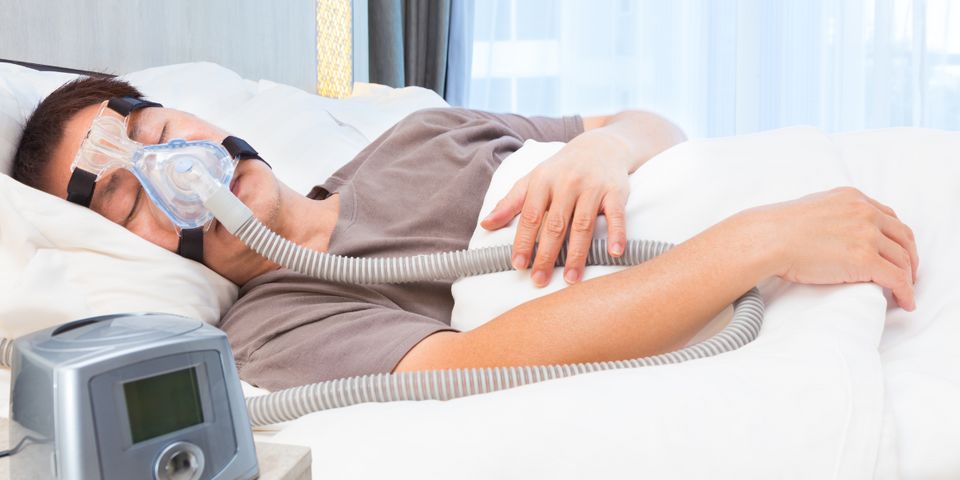A Brief Guide to Social Security Disability Benefits for Patients With Sleep Disorders

If you’re living with a sleep disorder, you might face difficulties completing day-to-day tasks. You might also not have enough energy to work safely and efficiently. While some can turn to friends and family for help, many people need government assistance to supplement or provide their income. The guide below takes a closer look at Social Security disability benefits for those with these problems.
Types of Sleep Disorders
One of the most common sleep disorders is obstructive sleep apnea. Due to issues with the respiratory airway, this disorder causes people to stop breathing while asleep. Without the aid of a CPAP or BiPAP machine to hold the airway open, patients can experience extreme sleep deprivation, which can make working during the daytime dangerous. Other symptoms include memory loss, confusion, agitation, and hypertension.
Other people may deal with restless leg syndrome, in which the nerves produce a tingling, itching, or painful sensation throughout the lower limbs. Problems usually arise when the person is resting, which can make a consistent night’s sleep impossible.
Another sleep-related disability is narcolepsy, which is characterized by excessive sleepiness during the day. This is dangerous for a full-time employee, who may fall asleep involuntarily, even when sitting up.
How to Qualify for Benefits

Anyone who has had a rough night knows just how a lack of sleep can affect them the next day. For people with sleep disorders, this experience can repeat daily.
To see if you qualify for benefits from the Social Security Administration, submit a claim detailing the nature of your condition, as well as medical records containing a diagnosis from a medical professional, such as a doctor or specialist. You’ll also need to explain how the disorder affects your day-to-day life, such as preventing you from working in the industry you trained for. If your sleep deprivation caused any injuries or accidents, you might want to elaborate on these. You’ll also need to show how you’ve followed your doctor’s directions and participated in the recommended treatments, such as utilizing a CPAP machine or medication.
The SSA will review your claim and decide whether your condition is disabling. If it is, they may offer benefits to make up for your lost wages. If your application is denied, you can always appeal the decision.
If you’re thinking of filing a Social Security disability claim, reach out to Disability Claim Consultants of Omaha, NE. Their team has over 50 years of combined experience, and they’re proud to help people with a variety of disabilities get the benefits they need. They offer top-tier customer service and caring yet aggressive representation in interactions with the SSA. To learn more about their services, visit the website. You can also call (402) 422-1000 to set up a consultation.
About the Business
Have a question? Ask the experts!
Send your question

